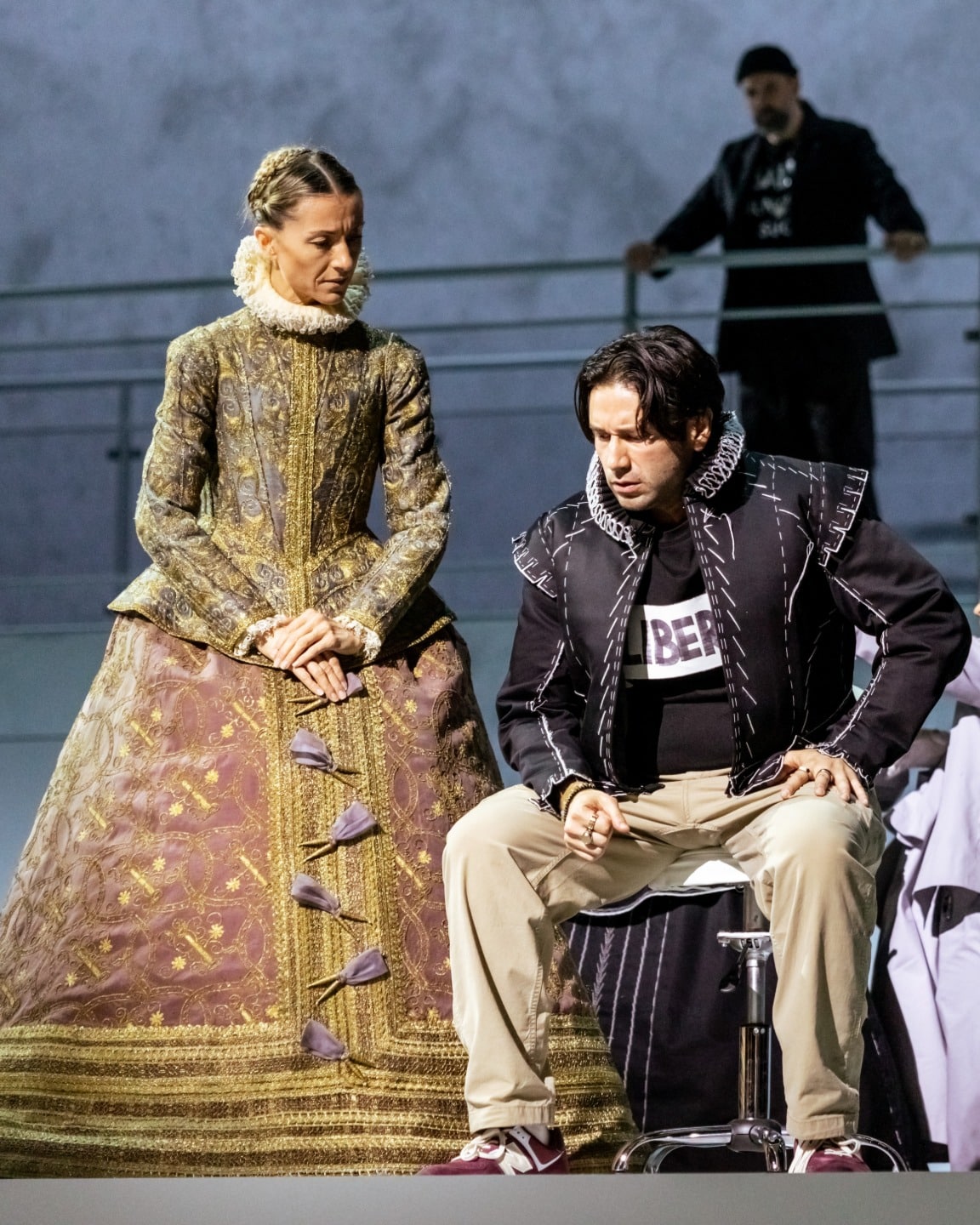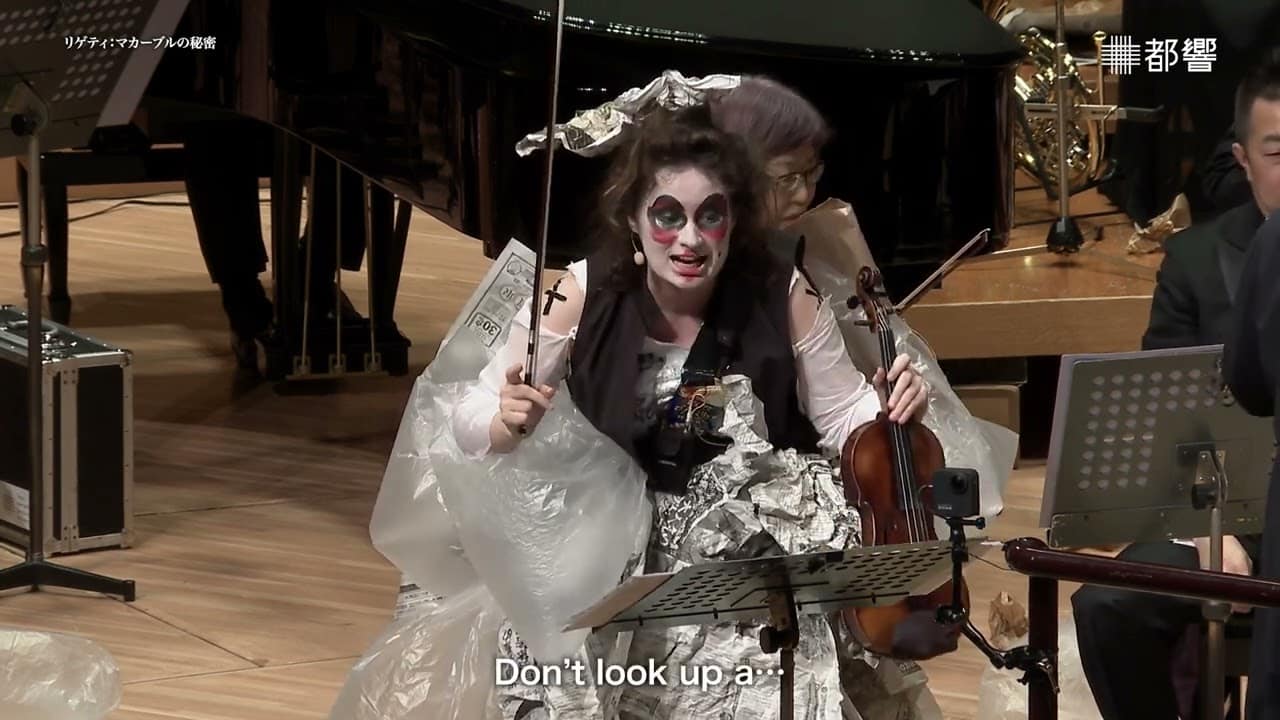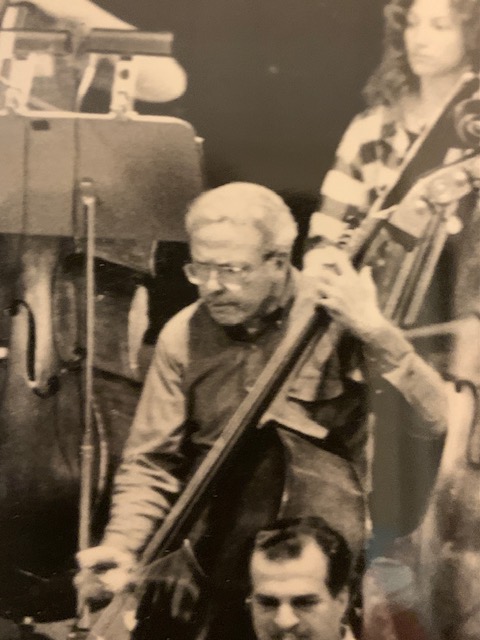Conductor waves white flag at Vienna Opera
OperaSo vociferous were the boos last night for Kirill Serebrennikov’s new production of Verdi’s Don Carlo that, before Elisabeth’s 4th-act aria Tu che le vanita’, conductor Philippe Jordan speared a white cloth with his baton and waved it to the audience in a gesture of surrender.
Observers says nothing like it had ever been seen before. The barracking of the production began with the first sight of the austere set and rose in volume through the performance.
Asmik Grigorian and Eve-Maud Hubeaux stood out as Elisabeth and Eboli. Roberto Tagliavini sang King Philip.






Comments